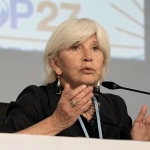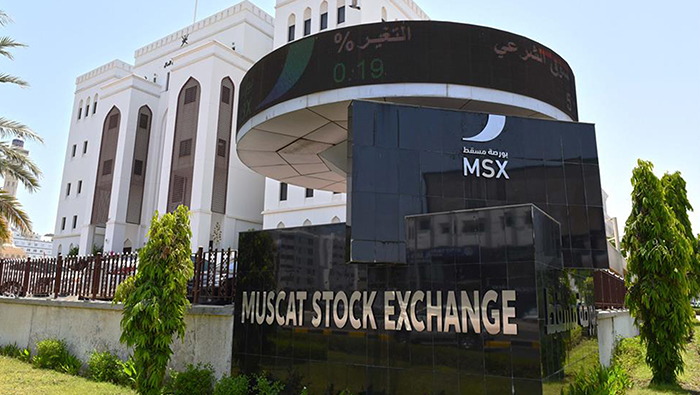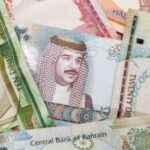The MSX 30 index experienced significant growth in Oman during May 2024, closing at 4,845.7 points with a 1.3 percent increase. The Financial Index played a key role in this growth, rising by 3.2 percent to close at 8,015.2 points, with companies like Oman Arab Bank and Bank Nizwa contributing to the sector’s success. In comparison, the Industrial Index saw a 1 percent increase, while the Services Index experienced a 1.7 percent decrease. Oman Arab Bank, Oman Cables Industry Company, and Bank Nizwa were among the top performers, with share price gains ranging from 13.1 percent to 20 percent.
Oman Arab Bank recently announced the appointment of Ubhar Capital as a liquidity provider, aiming to revitalize the capital markets in the country. On the flip side, companies like Al Hassan Engineering Company and Dhofar Beverages & Foodstuff Company reported share price declines. Trading activity on the exchange decreased in May 2024, with a 6.6 percent drop in total volume of shares traded and a 22.7 percent decrease in total value traded. Sohar Bank emerged as the leader in both monthly value and volume traded, followed by Galfar Engineering & Contracting Company and Bank Muscat.
According to the World Bank’s GCC economic update report, Oman’s economy is expected to grow by 1.5 percent in 2024, driven by increased gas production and diversification reforms. This projection marks an improvement from the IMF’s earlier growth forecast of 1.2 percent. Fitch also predicts a GDP growth of 1.8 percent, supported by non-oil growth and foreign investment. Despite these positive forecasts, GCC equity markets experienced a decline in May 2024, with the MSCI GCC Index dropping by 6.4 percent. Geopolitical issues, lower crude oil prices, and global market sell-offs contributed to the downturn.
The decline in GCC markets was attributed to higher borrowing rates for regional corporates and uncertainty surrounding interest rate hikes. Saudi Arabia reported the biggest decline, with the TASI falling by 7.2 percent, while Dubai and Qatar also witnessed significant declines. Year-to-date performance for 2024 showed a negative trend, with Qatar’s DSM Index reporting the biggest decline. However, Kuwait and Bahrain stock markets saw gains of 3.4 percent over the first five months of the year.
In terms of sector performance, all sectors in the GCC market had a downward trend in May 2024. The F&B index was the worst-performing benchmark, while Utilities and Energy sectors reported smaller declines. Despite the challenges faced by GCC markets, Oman’s economy is poised for growth in the coming years due to reforms and investments in renewable energy. With strategic initiatives in place, Oman is expected to attract more foreign investment and strengthen its position in the region.










